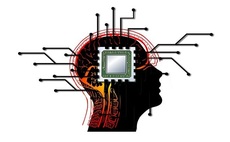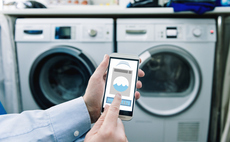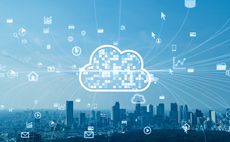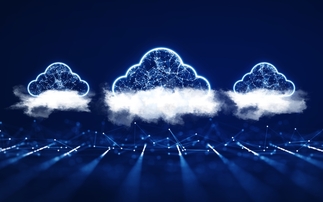In many cases firms collecting data via IoT don't need public's trust or permission, says expert panel
Experts have warned that new internet of things technologies and applications do not respect individuals' privacy, and that most consumers don't understand the privacy implications of the technolog...
To continue reading this article...
Join Computing
- Unlimited access to real-time news, analysis and opinion from the technology industry
- Receive important and breaking news in our daily newsletter
- Be the first to hear about our events and awards programmes
- Join live member only interviews with IT leaders at the ‘IT Lounge’; your chance to ask your burning tech questions and have them answered
- Access to the Computing Delta hub providing market intelligence and research
- Receive our members-only newsletter with exclusive opinion pieces from senior IT Leaders






















